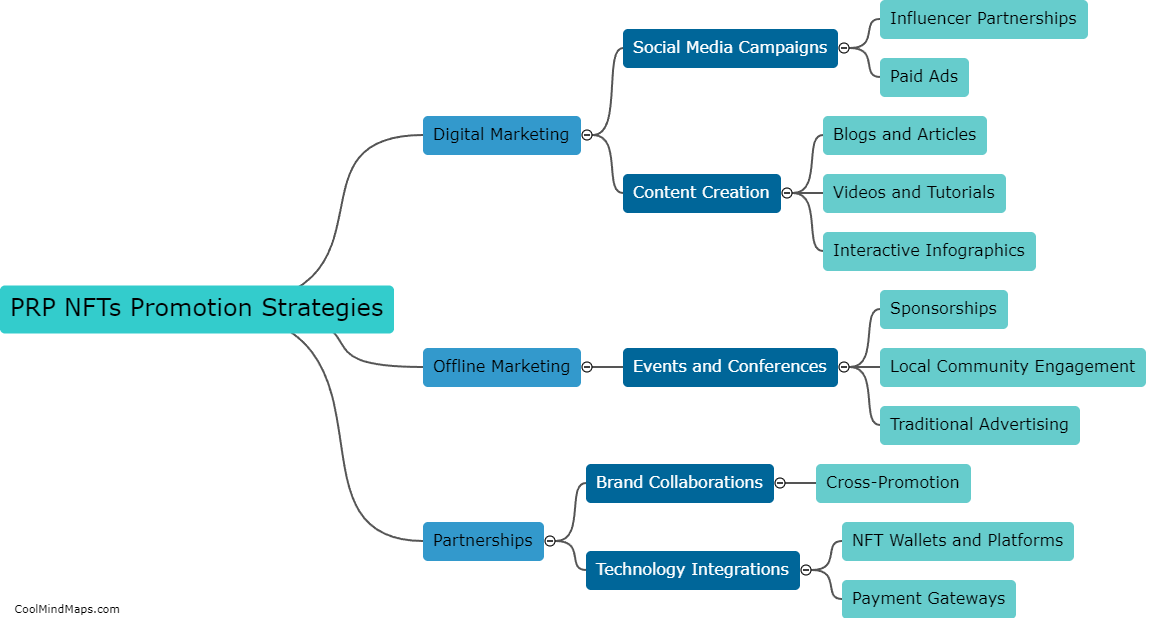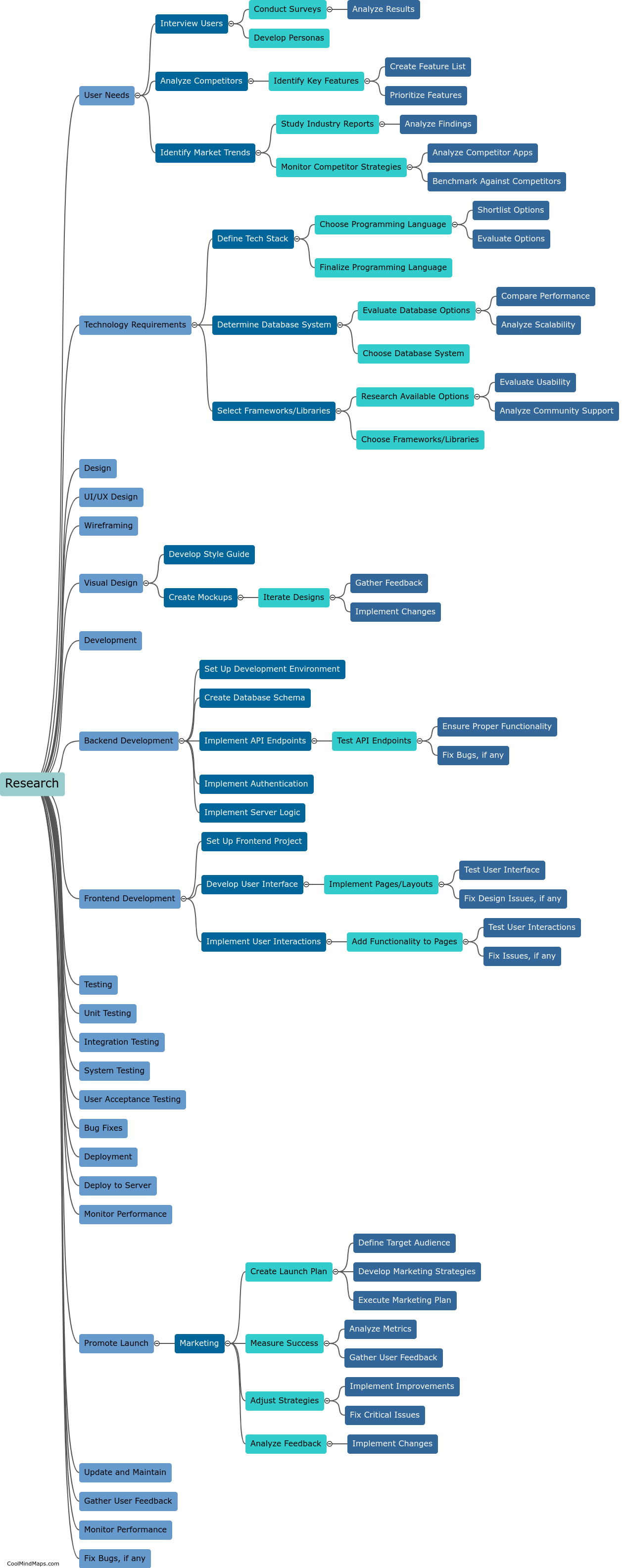What are the different types of business entities in UK law?
In UK law, there are several different types of business entities that individuals or groups can choose from depending on their preferences and requirements. The most common types include sole proprietorship, partnership, limited liability partnership (LLP), limited partnership (LP), private limited company (Ltd), public limited company (Plc), and social enterprises. A sole proprietorship has a single owner who is personally liable for all debts and obligations of the business. Partnerships involve two or more individuals sharing profits and losses, with personal liability for debts. LLPs offer limited liability to all partners and are popular among professional services firms. LPs have at least one general and one limited partner, with general partners having unlimited liability. Private limited companies have limited liability and are required to have at least one shareholder and director. Public limited companies differ by offering shares to the public and adhering to various regulations. Social enterprises are businesses that aim to achieve social or environmental objectives alongside financial goals. Each business entity has distinct features, benefits, and legal obligations, allowing entrepreneurs to choose the most suitable structure for their specific needs.

This mind map was published on 11 August 2023 and has been viewed 106 times.











